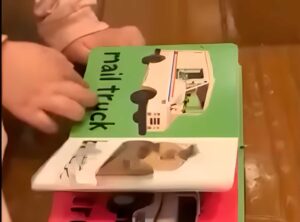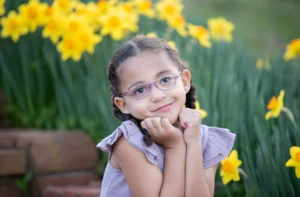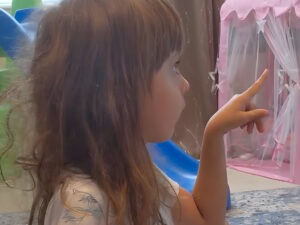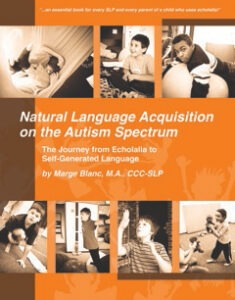Parent Blogs

Louise: J’s proud parent
STAGE 1 (When J was 2 years old) I had heard of echolalia, but J’s language never matched what I had been told about that. Echolalia is commonly (and wrongly) described as being meaningless parroting without understanding, and it was certainly never like that with J. When J first learned to speak, he was memorising hundreds of phrases and matching them perfectly to different contexts. It was like visiting a country where you don’t speak the language and getting by on what you can remember from a phrasebook. It still astounds me, the feat of memory and associative thinking it must have taken for J to do this so accurately while still only a toddler. Two-year-old J would run over

Noah’s Blog
Noah’s Blog Thank you, Noah, for your interactive blog posts here! There will eventually be several video clips in this ongoing story, which is aptly title “To Stage 6 and Beyond,” so please come back for that. Please pardon the clumsy way that Video #1 ends, because we promise Video #2 will smooth over the glitches. Also, please pardon the blurred videos, as they preserve this family’s privacy, but give you a bit of visual to enhance the audio. Finally, when you get to Video #2, I use the term ‘points out’ to comment on how Lucien talks about the visuals in his environment, and I even point to gesture along with my words; but Lucien isn’t literally pointing until

Maria’s Blog
Cece’s Story The Early Days Cece was born at 36 weeks. As an infant she was diagnosed with a rare genetic condition, and by 9 months old, we learned she also had a significant visual impairment. As a baby, she loved to be held, and was most content when she was with me, her Mama. Early on, we noticed we had to work really hard to get big smiles from her, and as the year went on, she wasn’t picking up gestures, like waving or pointing. After we celebrated her first birthday, we began to notice that she wasn’t speaking the way our older daughter did at the same age. At 16 months, she had a handful of single words

Christie’s Blog
Christie is a mom and a natural communication partner! Her blog is particularly instructive because Christie talks about how natural it was for *her* when her daughter emerged into Stage 4 — ‘dysfluencies’ and all. Not true dysfluencies, Stage 4 brings ‘mazing’ with it. This is so common that we have now come to expect the phenomenon with a child’s first self-generated language. It’s because Stage 4 kids have no more ‘echos in the back of their heads.’ No more ‘intonations’ or ‘melodies’ to carry them forward! But Christie expected that of Stage 4! How? Mom’s intuition? Reading about it? A combination? Christie said she did worry at first — but witnessing the ebbs and flows of grammar development —
Gestalt Processors - Blogs
Tara’s Blog, part 1.
Tara is an autistic adult, a gestalt language processor, and a Speech-Language Pathology Assistant. A wonderful clinician and advocate, Tara is brilliantly able to tell her own story with heart and bravery. A trigger warning is included here because of the disclosure of abuse, and suicidal thoughts Tara experienced as a child. Tara (pronounced “Tahrah” for reasons you will learn) gifts us with a strong message of hope and goodness we can apply in our own lives with the children we love. As the interviewer, I was spell-bound.
♡ Marge
Tara’s Blog, part 2.
In her second interview, Tara shares some of the strategies she uses as an SLPA with some of her autistic clients. When you hear Tara talk, you will realize what an amazing job she does when she melds the goals her clients have with her own lived experience in finding autistic joy! Infused by her own autistic perspective, Tara is able to broaden the conversation we often have with ourselves when we say that we want to “follow our children’s lead.” We know that’s important, of course, because otherwise our language isn’t related to experiences that matter to our children. But how do children ‘lead’ if they have little experience discovering what they want to lead to? Or an environment that doesn’t include those things? Or the motor skill to take a lead? We invite you to listen and be inspired. Thank you, Tara.
Tara’s Blog, part 3.
Tara returns for Part 3, with some more details about the tough topics in Part 2. The same trigger warning exists for this story, which contains details about the “huge pressure cooker” inside her that threatened to end her life at age 9. Mentioning the importance of Devon Price’s book, “Unmasking Autism,” Tara ends her Blog with incredibly important advice for parents of autistic kids, and mention of a children’s book by Terra Vance, “My Brain is Autistic.” Touching on her new course on play, Tara’s story here bridges from her life before her diagnosis, to her current life supporting autistic children. Tara has promised more episodes that focus on that…
